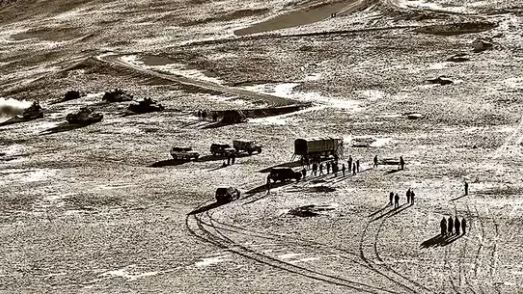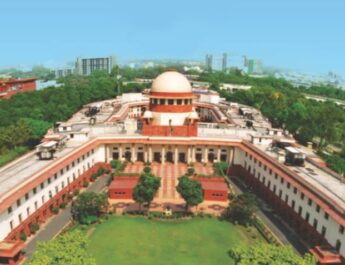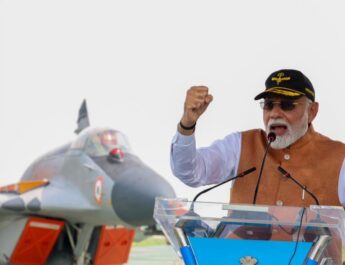New Delhi: Army Chief General Upendra Dwivedi characterized the situation along the border with China as “stable yet sensitive,” emphasizing that there are no buffer zones along the Line of Actual Control (LAC).
“It is stable yet sensitive. Numerous meetings have taken place, including discussions between the Prime Minister and the Chinese leadership. Regarding Depsang and Demchok, since April 2029, both sides have advanced and prevented each other from accessing traditional patrolling areas,” General Dwivedi stated during his annual Army Day press conference, as reported by ANI.
“In terms of verification patrols, both sides have completed two rounds over time and are quite satisfied with the outcomes. Concerning grazing grounds, a mutual agreement has been reached,” he further noted.
The army chief clarified that there is “nothing” referred to as a buffer zone, explaining, “In situations where the potential for violence is high and tensions are short, it is prudent to create some distance. During our negotiations, certain areas were designated as temporary moratoriums.”
“This implies that both sides will refrain from entering common areas, as we believe that encounters in those locations could escalate violence,” he added. General Dwivedi remarked that following April 20, the trust level between the two nations “requires a new definition.”
“Hence, it is essential for us to convene and establish a broader understanding on how to de-escalate the situation and rebuild trust. We are anticipating the next meeting of special representatives, which is expected to occur soon,” ANI quoted General Dwivedi as stating.
India-China Disengagement
India and China successfully completed disengagement at Depsang and Demchok in eastern Ladakh last October. As part of this disengagement process, both Indian and Chinese forces withdrew their forward-deployed troops and equipment from the two critical flashpoints along the border. They also removed the temporary structures that had been erected in that location following the commencement of the military standoff in May 2020.




